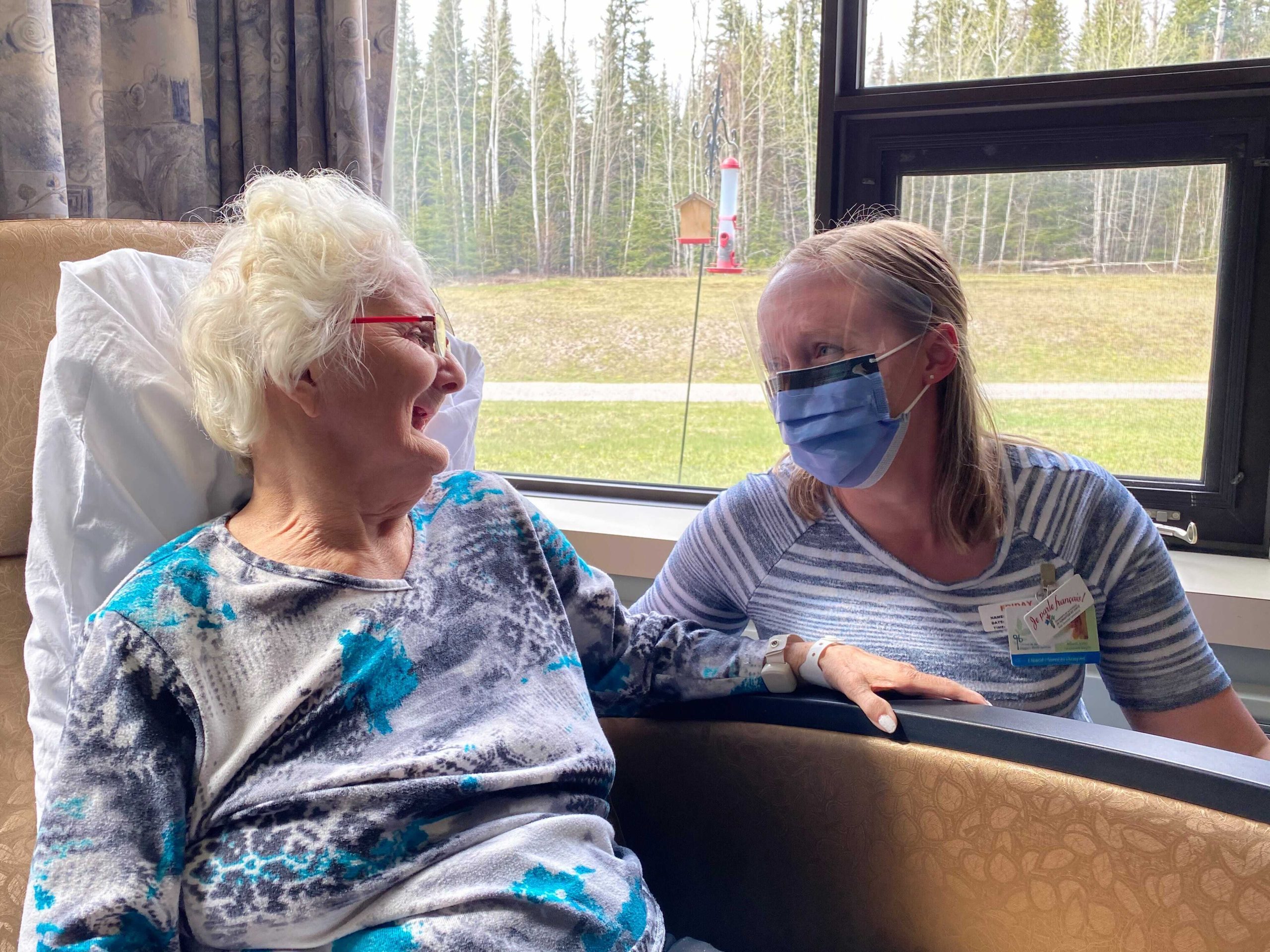Access to French Language Services in Long-Term Care Homes
Since 2016, the Réseau du mieux-être francophone du Nord de l’Ontario (Réseau) has been more focused on access to French language services in long-term care homes. This project consists of implementating recommendations stemming from a study conducted by the Réseau. Actions include, among others, the identification of homes for the offer of French language services; homes requiring support for the offer of French language services and; development of strategies to implement culturally appropriate care.

